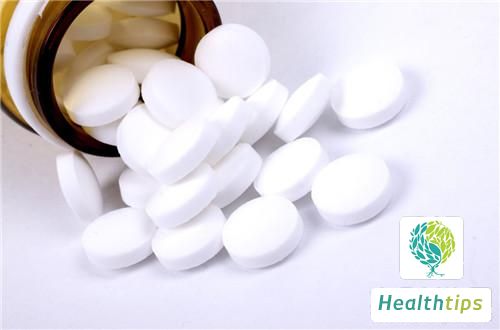Dextromethorphan Dispersible Tablets mainly have antitussive effects.

Clinical trials show that following the normal usage and dosage, there is basically no risk of addiction. This drug can be used if the patient has dry cough caused by bronchitis or other respiratory diseases, but it is best not to use it for a long time. When using Dextromethorphan Dispersible Tablets, it is best not to drive or operate machinery. Clinically, Dextromethorphan Hydrobromide Dispersible Tablets are mainly used to relieve cough and are more suitable for patients with dry cough, which can be caused by bronchitis or other respiratory diseases. However, it is not recommended for patients to use Dextromethorphan Hydrobromide Dispersible Tablets for a long time. If the symptoms are significantly relieved after seven days of use, they should seek medical attention promptly.
The side effects of Dextromethorphan Dispersible Tablets include loss of appetite, nausea, belching, dizziness, headache, drowsiness, constipation, and skin allergies, etc. These adverse reactions will disappear once the drug is discontinued. The contraindications for Dextromethorphan Dispersible Tablets must be strictly followed according to the doctor's instructions. At the same time, active anti-inflammatory and anti-infective treatments should be performed. The contraindications for Dextromethorphan Dispersible Tablets are that it should be used with caution for patients with asthma, excessive phlegm, and impaired liver and kidney function. In daily life, it is important to drink plenty of water and keep warm. If this condition persists for a long time, it is best to check if it is serious.

